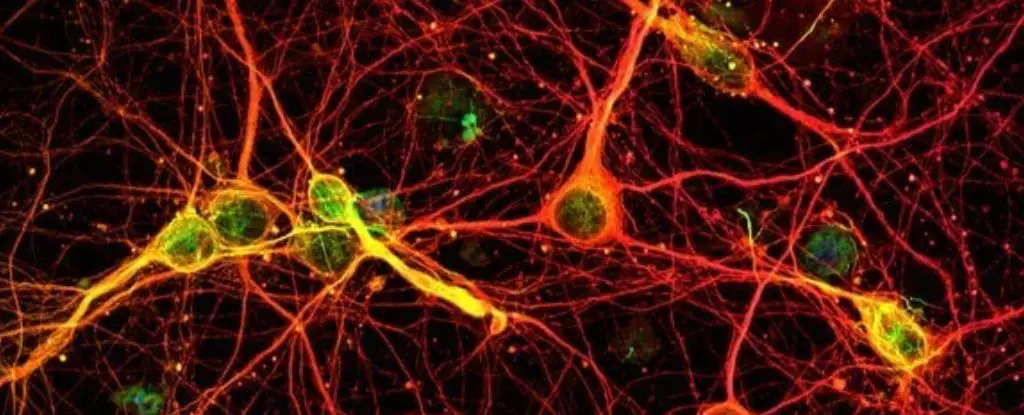Recent research from New York University (NYU) is challenging the age-old perception that memory is solely a function of the brain. Scientists have uncovered a fascinating truth: memory formation and learning are processes that transcend the confines of brain cells. According to neuroscientist Nikolay Kukushkin, the body’s cells, from nerve cells to kidney cells, also possess the capability to learn and store memories. This revelation not only broadens our understanding of the biological basis of memory but also holds potential implications for the treatment of learning and memory disorders.
Traditional views place the brain at the center of learning, relegating other cells in our body to a lesser role. However, Kukushkin’s team has showcased that the mechanisms involved in memory formation, often associated with neurons, are present in various cell types. This understanding highlights a universal quality of cellular behavior that may facilitate deeper insights into preserving cognitive function and developing therapeutic strategies.
The Science of Repetition and Memory Formation
One key finding from the research is the importance of repetition in learning, a concept supported by the well-known phenomenon often referred to as the latter’s ‘massed-spaced effect.’ Contrary to cramming, which many students mistakenly rely upon, spaced repetition cultivates stronger, more reliable memories by creating multiple cycles of chemical activity that stimulate memory formation in neurons.
What’s particularly intriguing is that Kukushkin and his collaborators successfully demonstrated how similar chemical patterns can instigate memory-like processes in non-brain cells during laboratory experiments. By exposing kidney and nerve cells to specific chemical stimuli, they observed not just transient responses but sustained activation of memory-associated genes akin to those found in neurons. Such findings challenge the traditional compartmentalization of where learning occurs, indicating that memory is a ubiquitous phenomenon shared among all cellular structures.
Delving deeper into the mechanics, the researchers explored the effects of various treatments on cells. They identified that exposure to chemical ‘training pulses’—specifically protein kinases A and C (PKA and PKC)—was crucial for the activation of genes linked to memory formations. A notable aspect of this research is the time-dependent nature of these responses; shorter pulses activated memory genes temporarily, while repeated pulses led to long-lasting activation, revealing a direct correlation to how human neurons operate.
This research also unveiled that not only the number of pulses but also the timing between these stimuli influenced the intensity and duration of the cellular responses. Such findings serve as compelling evidence not only for the memory capacity of cells outside the brain but also for the intricate and organized processes governing memory across various biological systems.
What does this mean for human health? According to Kukushkin, understanding this ‘body memory’ could illuminate new pathways for addressing various health challenges. If memory formation transcends the brain, it stands to reason that enhancing memory capabilities and repairing cognitive deficits might need a holistic approach that encompasses the entire body.
Furthermore, the concept of ‘body memory’ raises questions about its role in health and disease. As research advances, it may uncover links between cellular memory processes and conditions such as chronic pain, trauma, or emotional health, paving the way for innovative treatments grounded in enhancing overall bodily functions.
A New Paradigm in Memory Research
The insights from NYU’s research reframe our understanding of memory as not confined to the neural circuitry of the brain. This perspective encourages future inquiries into the cellular mechanisms that underlie memory throughout the body, pushing the boundaries of contemporary neuroscience. As Kukushkin aptly noted, it’s time to treat our bodies with the same level of consideration as our brains in the context of learning and memory. Emphasizing the connection between memory and cellular function could unlock unprecedented opportunities to address learning deficits and foster health across diverse biological systems. Such revelations remind us of the intricate interconnectedness within our bodies, urging a comprehensive approach to understanding and enhancing our cognitive capabilities.


Leave a Reply